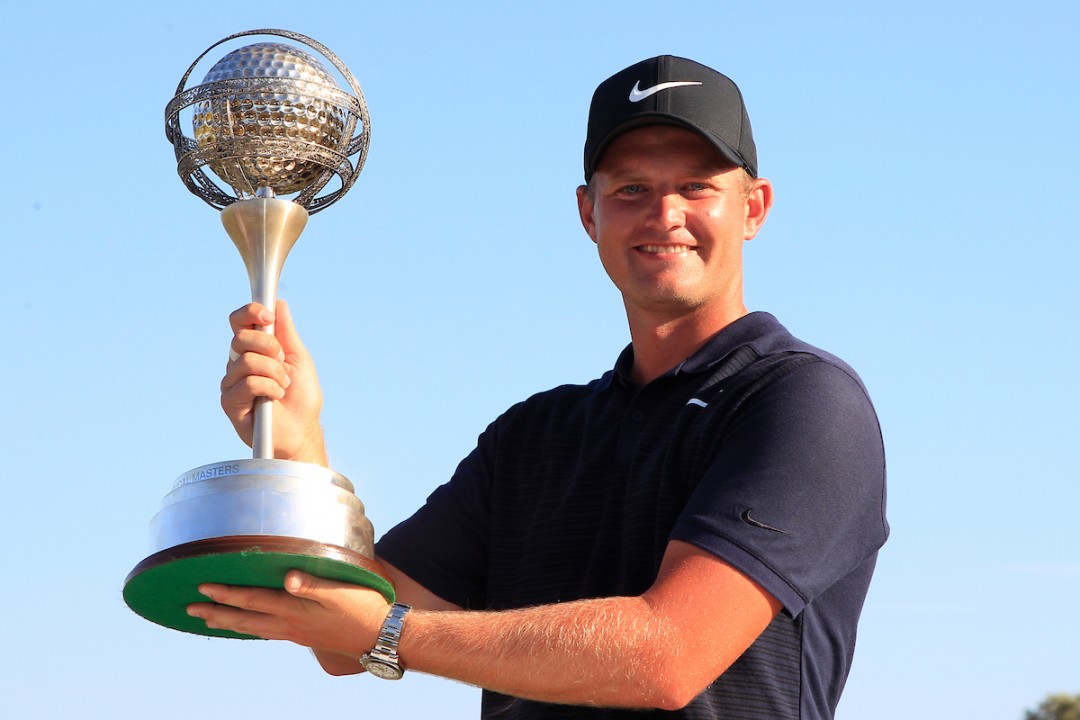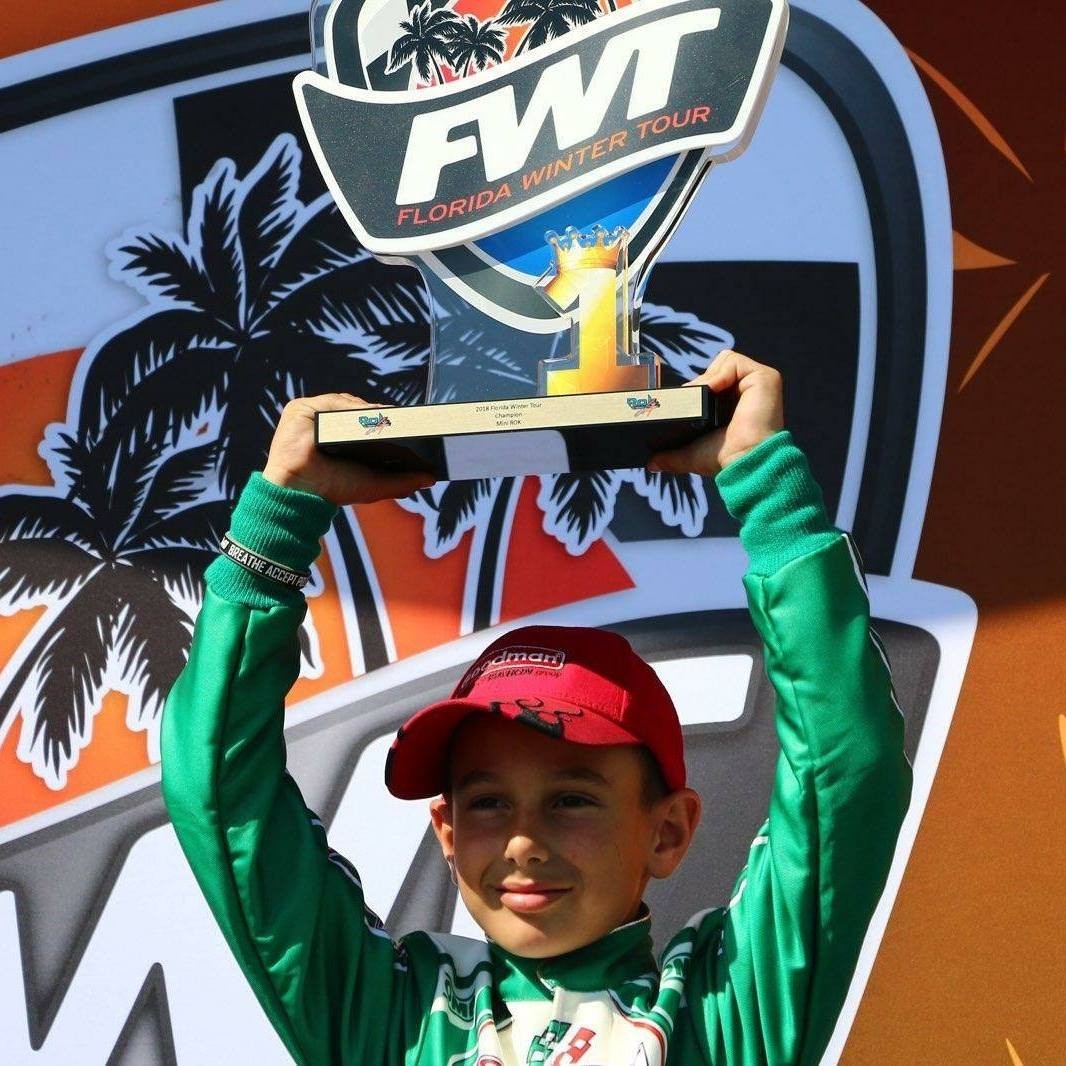Think Like a Baby
During competition, the toughest competitor is most likely the one you see in the mirror, yourself! Many athletes start training with SPMI because they notice a big drop in level from practice to competition. These athletes are already performing at a high skill level but really struggle mentally when the game or competition is on the line. Oftentimes, the biggest mistake athletes make in key moments is they start to over-analyze. Many athletes will perceive a situation as more important.




